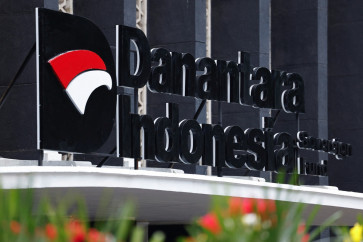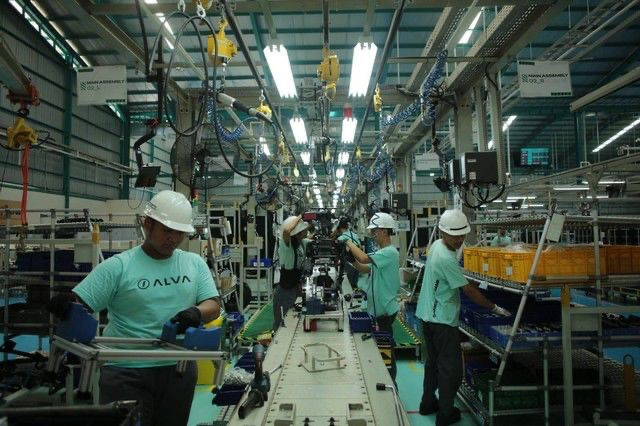Popular Reads
Top Results
Can't find what you're looking for?
View all search resultsPopular Reads
Top Results
Can't find what you're looking for?
View all search resultsEditorial: People sans representatives
The whole world is watching the 2012 Nuclear Security Summit in Seoul, South Korea, with a reserved eagerness
Change text size
Gift Premium Articles
to Anyone
T
he whole world is watching the 2012 Nuclear Security Summit in Seoul, South Korea, with a reserved eagerness. This year’s summit, the second after the 2010 gathering in Washington, DC, peaked on Tuesday afternoon as the 53 participating countries, including Indonesia, announced the Seoul Communiqué, aimed at minimizing stocks of highly enriched uranium.
The Nuclear Security Summit, initiated by US President Barack Obama two years ago, has the noble goal of promoting peace on Earth by rejecting nuclear proliferation worldwide. Still, we have yet to see whether the summit, which is essentially the same as the Non-Proliferation Treaty (NPT) talks, will eventually prompt tangible results in the form of a nuclear-free world.
The summit is part of a greater international process aimed at promoting international cooperation to combat the threat of nuclear terrorism and better secure nuclear material. The summit is supposed to be an opportunity for world leaders to find ways to keep nuclear material away from terrorists.
Nuclear technology, particularly that which is incorporated into the production of nuclear weapons, has been continuously dominated by the five nuclear-weapon states: the US, Russia, the UK, France and China. The technology has, to a certain extent, also been developed by a very limited number of nuclear-capable countries (India, Pakistan and North Korea), and is discreetly and likely owned by both Israel and Iran. However, this technology has made such dialogue continuously inconclusive and fruitless.
Talks, in any form, will only be successful and fruitful if all participants have an equal share and responsibility in the pursuit of commonly agreed results. It’s true that there are only a few nuclear-capable countries in the world. But that does not mean that they solely hold the exclusive rights on the sustainability of mankind as their nuclear supremacy impacts other non-nuclear countries, which are in fact the majority of global parties of interest.
The world has had enough with the August 1945 atomic bombings of the Japanese cities of Hiroshima and Nagasaki, which killed at least 100,000 civilians, and the April 26, 1986 catastrophic nuclear accident at the Chernobyl Nuclear Power Plant in Ukraine, which killed some 4,000 people and caused up to 60,000 cancer deaths as a result of its fallout.
The Seoul Summit has ended. The whole world is now awaiting its impact on the establishment of a free-nuclear world, and most of all, on the sustainability of mankind.










